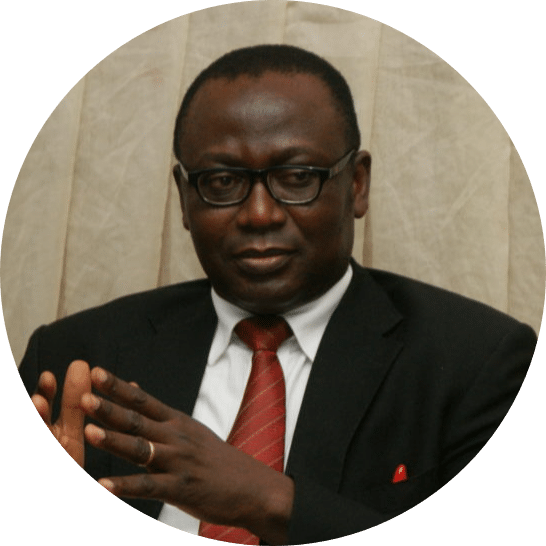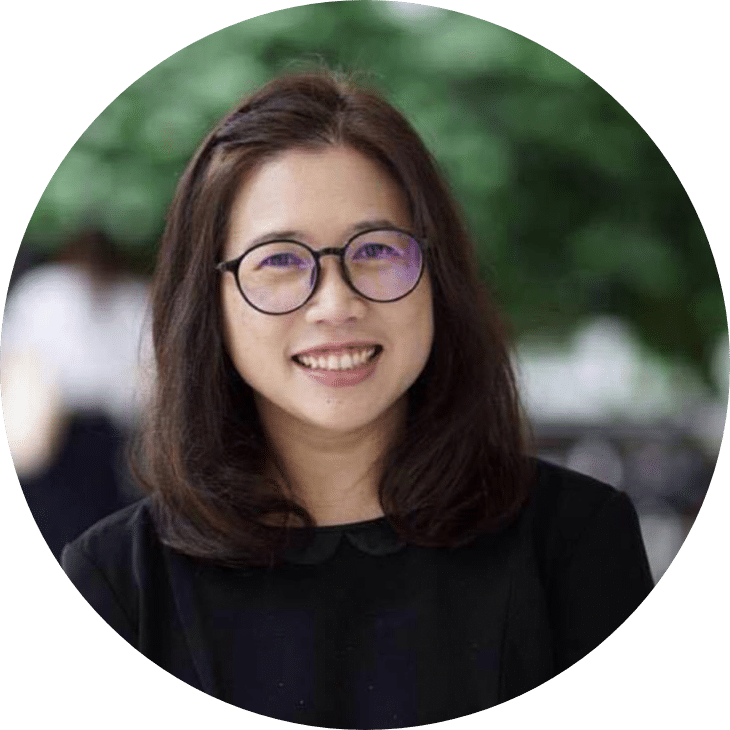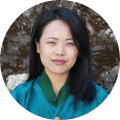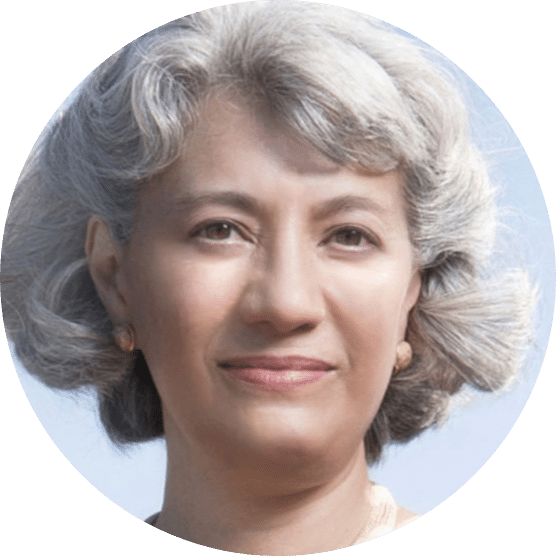PRINCIPLES & GUIDELINES
The goal of the Principles & Guidelines Committee is to define a set of principles that will assist our colleagues in setting parameters as to rational-legal discourse both in the classroom and in their scholarship. It is an effort to provide some guidelines agreed upon by the international legal education community to help define the principles for our teaching and scholarship. We have many members who have asked for us to do this as a set of international standards which they can use when pressured by students who refuse to engage in rational discourse, as well as by administrators and governmental entities who try to dictate a policy of an ever changing set of “sensitive topics” which should not be discussed or researched.
The idea for this Committee started with a collaborative paper which was jointly presented at the Asian Law Institute’s 16th Annual Conference at the National University of Singapore in Singapore on June 11, 2019. The goal of this paper was to understand different Asian perspectives on defining and approaching sensitive, challenging, and controversial topics in the law classroom.
Out of this research grew several ideas, including creating a student survey that IALS members will distribute to their law students to understand their perspectives on what motivates them to learn. This is based on a law student survey conducted at the National University of Singapore in March 2019 that sought to determine which subjects students deem sensitive, challenging, and controversial and how they would like their law professors to approach the topics. Both the NUS Student Survey and the IALS Student Survey are included in this document.
While the Asia-Pacific perspectives sparked this project, the IALS opened up the questions raised in this paper to our global legal education community including our members from Africa, the Americas, and Europe. We asked attendees of the 2019 Regional Law Deans’ Fora to prioritize the values that should be upheld when conducting rational legal discourse. We also asked what procedures would help to approach sensitive topics in the law classroom. These results are enclosed in the appendix. To build on these regional perspectives, we intend to facilitate the development of collaborative papers for each region and to expand on the existing Asia-Pacific paper.
This project will be a joint effort of the Principles & Guidelines Committee and the Judicial Council of the IALS. At the 2016 IALS Annual Meeting, the Judicial Council adopted a set of basic principles in teaching law and the foundation of an effective, ethical, and responsible legal education. These are the Judicial Standards for Legal Education which are enclosed in the appendix. These standards, and the continuing participation of the Judicial Council, will help inform the objectives of this project.
Principles & Guidelines Committee
CO-CHAIR OF COMMITTEE

Francis SL Wang
Dean Emeritus
Soochow University, Kenneth Wang School of Law
CHINA
Professor Francis SL Wang is one of the founding Governors and presently serves as the President and Chairman of the Board of Governors of the International Association of Law Schools. He is the Executive Director of The Wang Family Foundation. Professor Wang is the Dean Emeritus and Professor of Law at the Kenneth Wang School of Law, Soochow University in Suzhou, China where he serves as the Honorary Chair of the university’s Board of Regents. Professor Wang has taught for many years at the University of California at Berkeley both in its Department of Jurisprudence and Social Policy. He is a visiting professor of law and distinguished scholar in residence at the University of Pacific – McGeorge School of Law where he also serves on its International Advisory Board. He is the co-founder and Senior Counsel of the War Crimes Studies Center at U.C. Berkeley, now part of the WSD Handa Center at Stanford University and the East-West Center in Hawaii. He is one of the founders of the Advisory Council to the Human Rights Resource Center, a university based research institute headquartered in Jakarta, Indonesia with supporting centers at universities throughout the ASEAN countries. Professor Wang is a member of the Scholastic Council and holds an Honorary Doctorate in Law from the Far Eastern Federal University of Russia. He is a member of the Board of Advisors of the C.V. Starr East Asia Library at the U.C. Berkeley, and co-chairs the Chinese Jurisprudence Commission. He is presently a member of the Visiting Committee and Law School Advisory Council at Cornell Law School. He has served on numerous other professional, business and non-profit boards. He is a Fellow of the Nigerian Institute of Advanced Legal Studies, and an Honorary Bencher of the Honorable Society of King’s Inns.
CO-CHAIR OF COMMITTEE

Eleanor Wong
Vice Dean
National University of Singapore
SINGAPORE
A graduate of the National University of Singapore, Eleanor started her career with the Commercial Affairs Department, prosecuting complex commercial and securities frauds. She subsequently joined international law firms Coudert Brothers and Orrick, Herrington & Sutcliffe LLP, building a practice in international financial transactions. She returned to NUS in 2002 to launch the Law Faculty’s Legal Skills Programme as its Director. She is also Co-cordinator of the Faculty’s International Moots Programme and currently serves as Vice Dean of Student Affairs. Eleanor has won several university teaching awards; she has been Associate Director of the Centre for Development of Teaching and Learning as well as a member of the Law Faculty’s Teaching Excellence Committee. She is considered a thought-leader in law school pedagogy and has conducted workshops and consultancies in this area for Law schools in the region, including Hong Kong University, Laos National University, National Chengchi University, and Jigme Singye Wangchuk School of Law. Eleanor holds an LLM from New York University and also happens to be a published playwright and poet.

Adedeji Adekunle
Director General
Nigerian Institute of Advanced Legal Studies
NIGERIA
Professor Adedeji Adekunle is the Director-General of Nigerian Institute of Advanced Legal Studies. He is a Senior Advocate of Nigeria. He holds a Bachelor of Law Degree from Obafemi Awolowo University, Ille Ife, and a Master of Law Degree from the University of Lagos. He has served as secretary of the Law Revision Committee and has also consulted for several international organizations including the United Nations Office for Drugs and Crime (UNODC) and the Economic Community of West African States (ECOWAS). He also served as Senior Special Assistance to the Attorney General of the Federation and Minister of Justice. He occupied the Akinola Aguda Distinguished Chair as Professor of law. He is specialized in Legislative Drafting, International Criminal Law and Transnational Justice, Economic and White-Collar Criminality, Environmental Law, and Corporate Governance. He has published extensively in local and international journals.

Stephen Hardy
Dean
University of Hull, Faculty of Law
UNITED KINGDOM
Stephen Hardy is a respected Professor of Law, as an internationally recognized scholar in employment and social security laws, with 10 monographs and over 400 published articles in his fields of legal expertise. He was called to the Bar of England and Wales (Lincoln’s Inn) and previously was a practicing Barrister, specializing in equality and trade union litigation. Currently, he is an Academic Associate of 33 Bedford Row Chambers in London and since 2011, he has been a part-time Judge. Since 2019 he has been a Board Member of the UK’s Judicial Pensions Board. Formerly he was the General Editor of Sweet and Maxwell’s Encyclopaedia in Employment Law. More recently, he has published a guide to UK Social Security Law (Kluwer) and is the co-author of Sir Ernest Ryder on Judicial Leadership (Oxford University Press). His current research projects and interests lie in judicial diversity, social security reforms, and gig economy employment rights. He is a member of the Executive Committee and Honorary Treasurer (Elect) of the UK’s Society of Legal Scholars. He is also an academic panel member of the UK’s Administrative Justice Council. He is the Convenor of the International Association of Law Schools Civil Procedure Study Group.

Dr. Pareena Srivanit
Dean
Chulalongkorn University, Faculty of Law
THAILAND
Assistant Professor Dr. Pareena Srivanit is the Dean of Chulalongkorn University Faculty of Law since 28 September 2017. She is the first female dean in the faculty’s history. She received an LL.B. from Chulalongkorn University Faculty of Law where she graduated first in her class. She was awarded the Chulalongkorn University Scholarship to pursue her LL.M. degrees at the University of Pennsylvania Law School and Harvard Law School. She received her SJD from the University of Wisconsin Law School. Before starting her deanship, Dr. Srivanit was Assistant to the President of Chulalongkorn University for nine years where she oversaw the legal, compliance, and procurement issues of the university.

Kesang Wangmo
Lecturer
Jigme Singye Wangchuck, School of Law
BHUTAN
Kesang Wangmo is a professor at Jigme Singye Wangchuck, School of Law, Bhutan. Kesang Wangmo joined Jigme Singye Wangchuck School of Law in February 2017, where she researches and teaches in the area of Administrative Law and Anti-Corruption Law. She received her law degree from the Indian Law Society Law College in Pune, India, and completed her Postgraduate Diploma in National Law (PGDNL) from the Royal Institute of Management, Thimphu, Thailand, and earned her Master of Laws (LLM) degree at the University of Sydney, Australia. Before joining JSW Law, she completed internships at the Bhutan Travel Club, Thimphu Thromde, the High Court, and the Bhutan National Legal Institute. She also worked at the State Trading Corporation of Bhutan as its Company Secretary and Legal Counsel.

Laura Wen-Yu Young
Professor
Soochow University, Kenneth Wang School of Law
CHINA
Professor Young is a Senior Director of the Wang Family Foundation and a member of the Executive Committee of the UC Berkeley Foundation Board of Trustees where she chairs the Governance Committee. She is the managing partner of the law firm of Wang & Wang, with offices in China, Taiwan, and San Francisco. She has taught Chinese Law and Legal History, International Business Transactions, and International Intellectual Property at UC Berkeley, Soochow University’s Kenneth Wang School of Law in Suzhou China, Cornell University Law School, and Pacific/McGeorge School of Law. She is an editorial advisor, and an author of CCH Asia’s Employment Asia, the author of the intellectual property chapter of Juris Publishing’s Doing Business in China, and author of numerous articles on Chinese law and business and has presented many lectures for the Practicing Law Institute, International Trademark Association, International Anti-Counterfeiting Association, and local bar associations. She is a member of the California Bar Association and is certified as a foreign attorney with China’s Ministry of Justice. Prof. Young is President of the Board of the Hearst Museum at UC Berkeley, and Chair of UC Berkeley’s East Asia Library Initiative, and a member of the University Library Board. She received her JD degree from UC Berkeley’s Boalt Hall School of Law.
